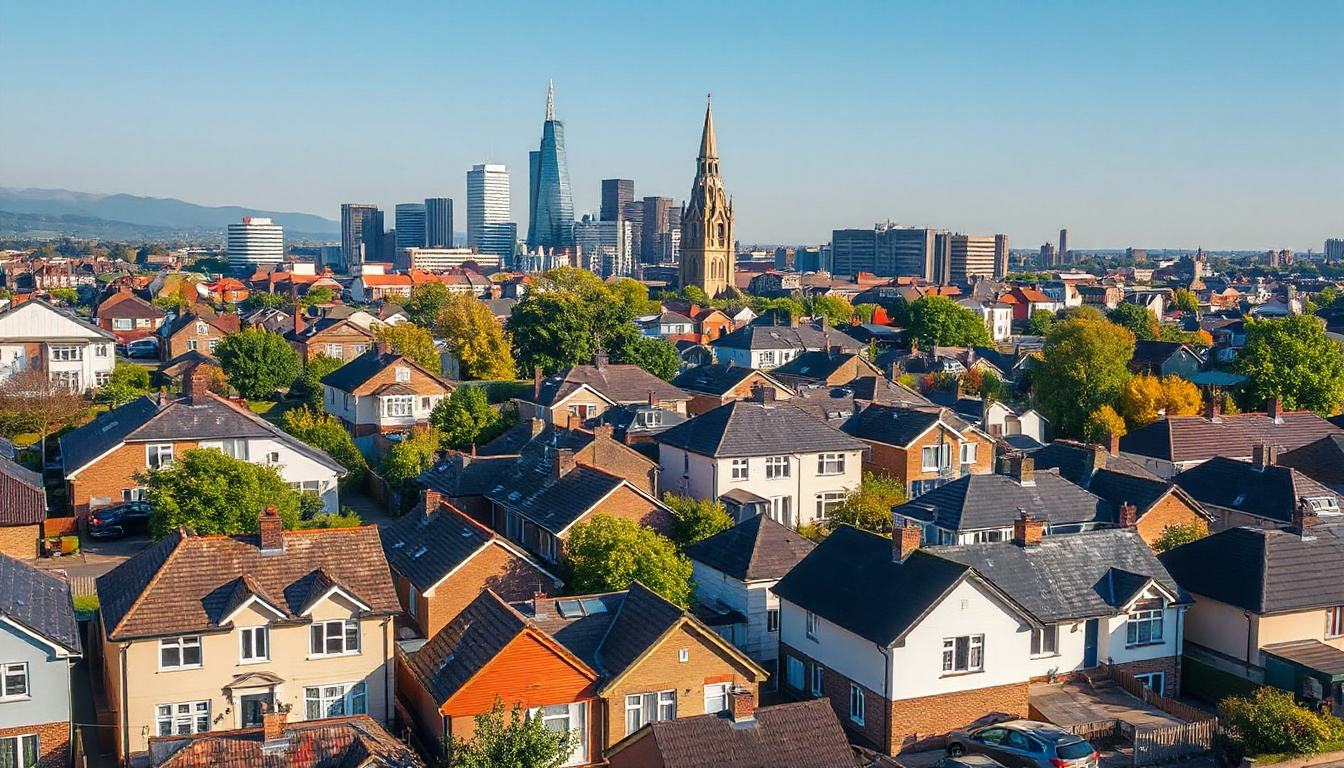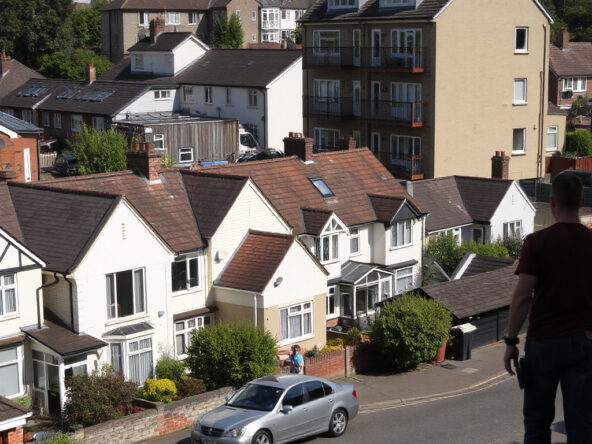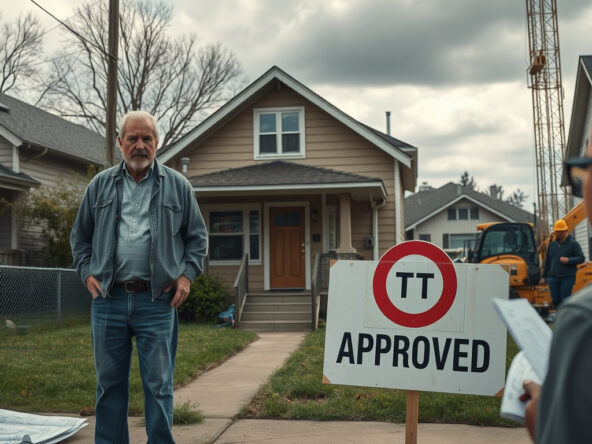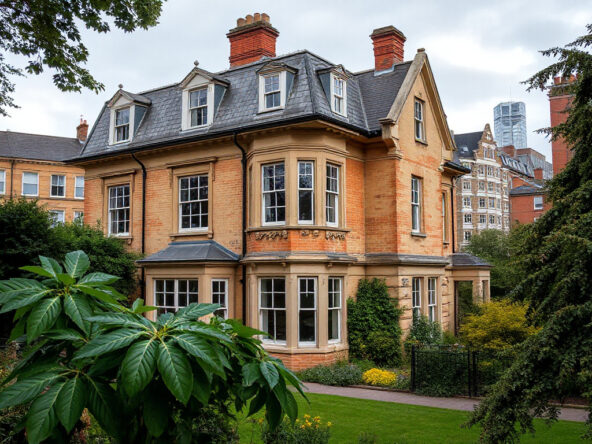New Regulations Introduced to Control Growth of Shared Homes in Bolton
Bolton enforces planning constraints that govern the surge of shared home conversions. The borough records a progression—from 117 Houses in Multiple Occupation in 2021 to a figure of 720 by the end of the previous annum—an escalation that compels authority intervention.
An ‘Article 4’ mandate compels every conversion of a property into a shared residential unit to secure planning sanction. Conversions, regardless of physical magnitude, must now pass formal scrutiny. Former practice allowed six-tenant adaptations under permitted development; those conversions required no sanction. This reformation institutes a procedure wherein community voices interlock directly with administrative planning.
Local citizens register significant discontent; clusters of converted dwellings correlate with phenomena such as public disorder, congestion, and taxed municipal services. The framework stipulates orders for restorative measures at the expense of individuals who convert properties without the mandated planning sanction.
Such regulatory measures arise amid escalated apprehensions concerning the unchecked multiplication of shared dwellings and their urban ramifications. Municipal decision-makers assert that, although shared residences serve an essential function, developmental activities must remain confined by intensive evaluation and contextual compatibility.
Prospective property custodians contemplating conversion into shared dwellings are urged to secure planning consultancy in advance to ensure compliance with the newly structured regime.
Summary
Bolton implements immediate planning restrictions on shared home conversions. In requiring formal sanction for every property conversion, the local authority seeks a balance between residential transformation and community preservation. Property investors and custodians remain advised of these transformations and the attendant consequences on future shared home development.



